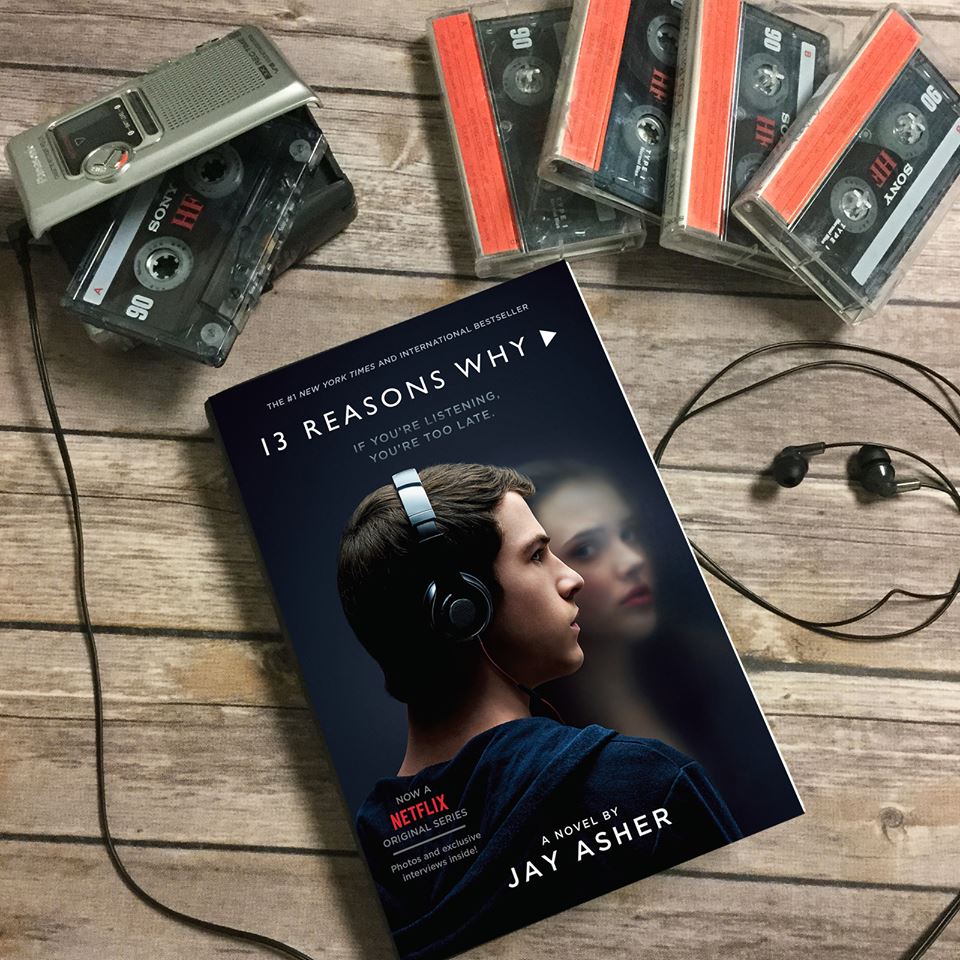‘So you’re in high
school now! Have you decided what you want to be?’ ‘Will you take Science or
Commerce?’ How often have you heard this not only from folks at home but from
your neighbours and even the Aunty down the street! With a mind-boggling range of careers available, one
would think it is easier to arrive at career choices right? Not so. Add to this
the rapidly changing work environment that we are witnessing.
In this age of the
4th Industrial revolution, careers are no
longer linear in character, they have become fragmented, collaborative and more
complex. The perception that with a degree in hand, everything else will fall
into place is archaic. Today we see so many people making multiple career
shifts before they touch 35 . My Dad for instance worked at the Brunei Shell
Petroleum Company for close to 40 years.
My generation saw 4 to 5 career shifts before reaching 40 years of age and I
now see the younger lot, shifting 2 to 3 times while still in the 20s . The
challenge is not only to find a job that one enjoys but to be able to stay in
it should you want to.
'The Times they
are a changing’ Mr. Bob Dylan says. The World economic forum in their Future of
Jobs publication talks about how todays in-demand occupations or specialties did
not exist 5 years ago. This pace of change is set to accelerate. 5 years is not
a long time . The Dubai Govt is already
working on plans to be ready for this new ‘smart economy’ in all sectors. For
those of us who have children entering high school, the work landscape that our children will step out to will be so different to what it is now. We must be
able to anticipate future skill requirements and know where their strengths lie
outside of academics. Schools must step up their game to ensure adequate
career/academic counselling for every student irrespective of their academic
progress. A comprehensive guidance of mapping
the students profile with the anticipated skill requirements of not only
current careers but emerging ones as well
will go a long way in making informed choices.
Psychometric
assessments is increasingly being regarded as an essential tool in career guidance programs. They are effective
in revealing aspects of a ones aptitude, interest or personality in a
statistically valid and quantifiable manner. Self-evaluation using
scientific methods . The battery of
tests will indicate areas of strengths and can point one to best fits in terms
of career possibilities. In today’s times it is imperative to identify our
potential to learn, our inherent skills and yes our challenges also. Using only test scores to decide careers
is not recommended.
Going back to the
‘great puzzle’, Let’s look at our typical teen in high school.
They are bombarded
with tests, projects, homework (from school & tuitions) pressured to enroll
in co- curricular activities, volunteer etc. The alternate world of SM(Social
Media) urging one to connect, comment and critique takes up a lot of time. Add to that the chemical transformation
happening within themselves. Physically and mentally our teens have a lot on their
plate. To top things off we expect them
to have the perfect answers to ‘Who am I? What would I like to do/be? Will I be
successful? Que Sera Sera I hear you
say? It’s should never be what will be, will be. The more prepared we are, the ‘readier’
we will be to make intelligent choices among the myriad opportunities lying
ahead. Let’s help prepare our children for this turbulent 21st
century. Recognise that our children are very different from us and growing in different
times. Explore options together, listen
to their opinions, learn some of their jargon and most important, continue
asking them questions that encourages them to introspect. Please don’t
judge them based on test scores at school. In the bigger scheme of things, they
don’t matter. Encourage them to pursue co-curricular activities that they are
interested in for the pure passion of it. Very often it leads to exciting new
avenues.
With all the
deadlines from school it is easy to let the conversation slip especially if
both parents are also working. But here’s
an easy way to look at it and an approach that has worked for me with my 2 and
for all the students that comes to us at Varsity Connections. Come 9th or 10th grade
depending on the curriculum, you will be faced with filling out the subject
options slip which will indicate what subjects your child will be taking at
high school. There are many things to consider here and the biggie is the fact
that the school has a cut off score for STEM subjects. We cannot do anything
about that policy. Work backwards. Use psychometrics and academic progress to help
your child identify potential careers it can be 1 , 2 or even 3 potential
areas. Then look at the University
programs that will facilitate progress to those potential career clusters. Understand
what the prerequisite subjects (if any) that the student has to take at high
school. It then becomes easy to tick those option boxes sent from the school.
For those children who
have already decided (as early as the 9th grade) what they want to be
either by themselves or with help from their parents, Psychometrics is a great
tool to understand if their choice is a realistic one. For the majority who are
confused, wont this be the perfect way to move forward? An unbiased scientific
method to discover who you are.




